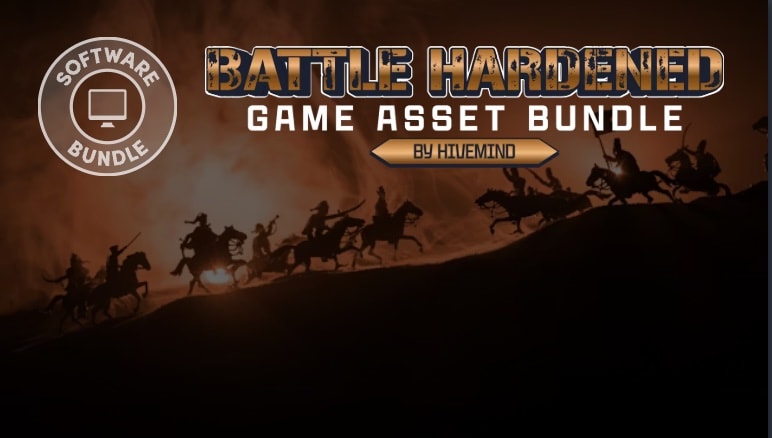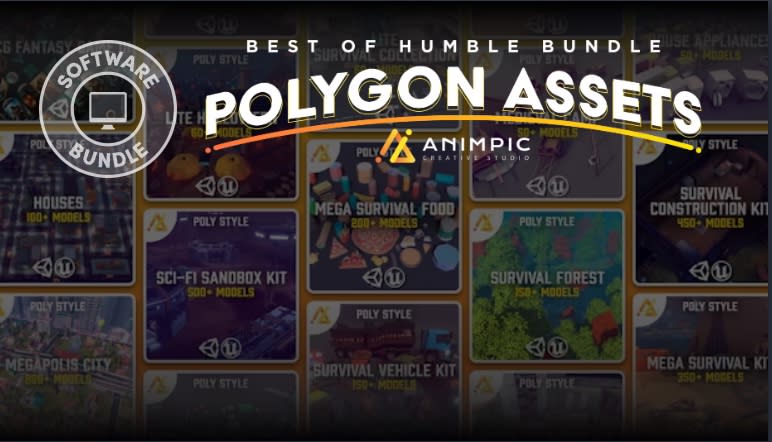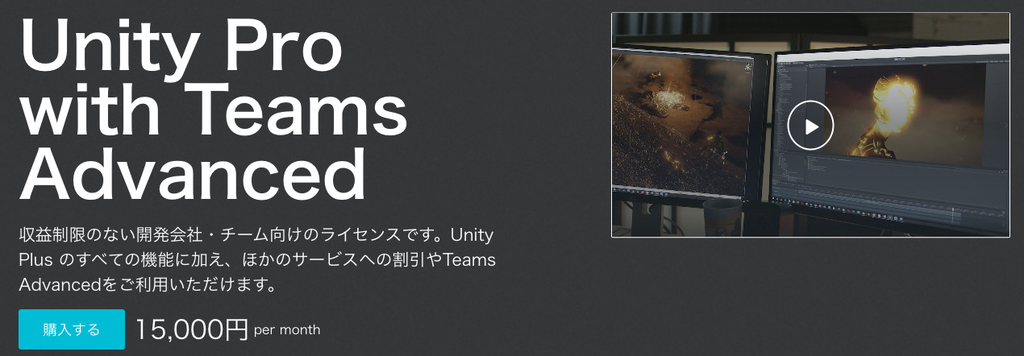
Export Unity scenes and assets to GUID-based JSON with one click.Unity Scene & Object → JSON Exporter serialises a Unity scene, prefabs, and assets into GUID‑based JSON.A two‑phase pipeline (Preprocess → Bake) plus modular layout (Core · BakeProperties · Editor · Plugins) allows external engines or custom runtime loaders to consume the data seamlessly.The code is modularized for clarity; by following the existing BakeProperty examples and inheriting from BakeObject, users can easily add their own custom objects to the bake pipeline.(It’s compatible with all SRP packages, but the example is provided for URP).You can view the extracted JSON for the example SceneKey FeaturesFull Serialization: Exports every GameObject, Component, Material, Mesh and more into a single JSON document.Stable GUIDs: Uses BakeGuid to assign and cache persistent identifiers so that object references remain consistent across exports.Two-Phase Pipeline: First the Preprocess phase scans the scene to collect GUIDs and resource paths; then the Bake phase generates the JSON output.Selective Export: Honors naming conventions—any GameObject whose name begins with # is skipped, and names beginning with ## skip the entire descendant hierarchy.FBX Scale Fix: Includes an FBX Unit Fix plugin that automatically patches common scale mismatches (100 ⇄ 1 units) on model import.Path Remapping: Converts Unity asset paths into your chosen export folder structure via BakeSerializer.ConvertPath.Resource Trimming: After baking, CopyResources() copies only the assets actually referenced in the JSON into the export directory.How to UseTo get started with the exporter, follow these steps:Create an ExportSetting asset and configure your desired output JSON file location and resource folder.Run Tools ▸ Scene Export to bake and export the entire scene.If you only want specific GameObjects, select them in the Hierarchy and run Tools ▸ Selected Export.Once the JSON is generated, invoke Tools ▸ Copy Resources to copy only those assets actually referenced in the JSON into your export directory.To skip individual objects, prefix their names with #Skip; to skip an object and its entire subtree, use ##SkipBranch.For feature requests or to contribute to the project, please contact us at nikuname01@gmail.com.Key FeaturesFull Serialization: Exports every GameObject, Component, Material, Mesh and more into a single JSON document.Stable GUIDs: Uses BakeGuid to assign and cache persistent identifiers so that object references remain consistent across exports.Two-Phase Pipeline: First the Preprocess phase scans the scene to collect GUIDs and resource paths; then the Bake phase generates the JSON output.Selective Export: Honors naming conventions—any GameObject whose name begins with # is skipped, and names beginning with ## skip the entire descendant hierarchy.FBX Scale Fix: Includes an FBX Unit Fix plugin that automatically patches common scale mismatches (100 ⇄ 1 units) on model import.Path Remapping: Converts Unity asset paths into your chosen export folder structure via BakeSerializer.ConvertPath.Resource Trimming: After baking, CopyResources() copies only the assets actually referenced in the JSON into the export directory.How to UseTo get started with the exporter, follow these steps:Create an ExportSetting asset and configure your desired output JSON file location and resource folder.Run Tools ▸ Scene Export to bake and export the entire scene.If you only want specific GameObjects, select them in the Hierarchy and run Tools ▸ Selected Export.Once the JSON is generated, invoke Tools ▸ Copy Resources to copy only those assets actually referenced in the JSON into your export directory.To skip individual objects, prefix their names with #Skip; to skip an object and its entire subtree, use ##SkipBranch.Dependency:-Newtonsoft-JSON








